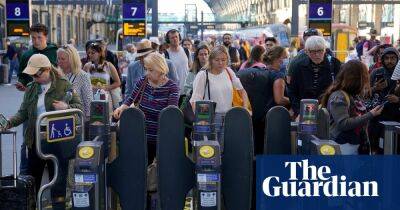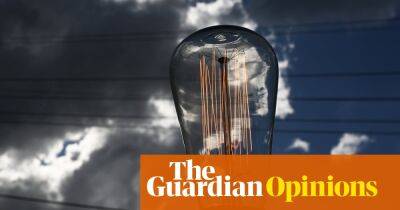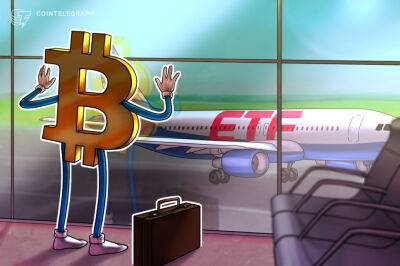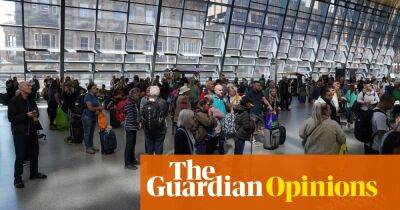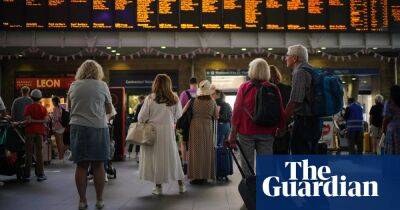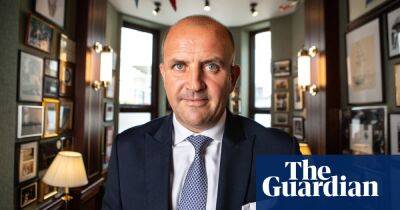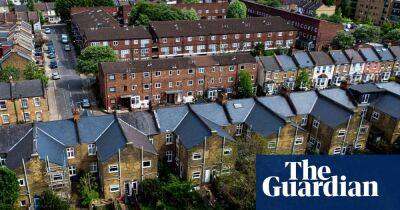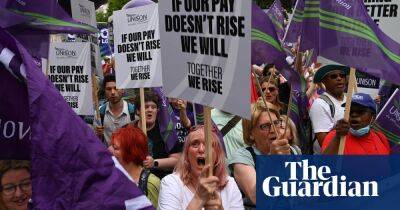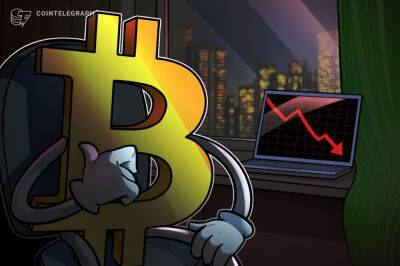Bank of England not to blame for soaring inflation, says governor
The governor of the Bank of England has hit back at critics who accused him of being asleep at the wheel while inflation soared and a cost of living crisis hit UK living standards.
Andrew Bailey said the nature of the shock meant higher interest rates could damage the economy, which recovered slowly from the pandemic during 2021.
Speaking at a conference in Vienna, he said high energy prices would do much of the work to depress consumer spending, allowing the central bank to take a less aggressive approach to raising interest rates.
“What I reject is the argument that in our response to Covid, the Bank’s monetary policy committee [MPC] let demand get out of hand and thus stoked inflation,” he said.
“The facts simply do not support this. On the latest number, UK GDP in March was only 0.6% above its pre-Covid level, and it is substantially below the path it was expected to follow pre-Covid.”
His comments are likely to be interpreted as a notice that the MPC will stop short of increasing interest rates from 2% to 3% in the next year as expected by most City economists.
Bailey, who chairs the MPC, added that while low unemployment and a high level of vacancies were leading to a “tight labour market”, this was not the result of buoyant spending on Britain’s high streets, but rather that the number of people seeking work had dropped.
“What we do have is a very tight labour market. But that does not look like a story about rapid demand growth,” he said.
“The labour force has shrunk by around 1% since the onset of Covid. It looks much more like an impact from the supply of labour.”
About 500,000 people who worked before the pandemic have stopped looking for a job, most of them over the age of 50. Another 500,000 who were expected to
Read more on theguardian.com


 theguardian.com
theguardian.com
